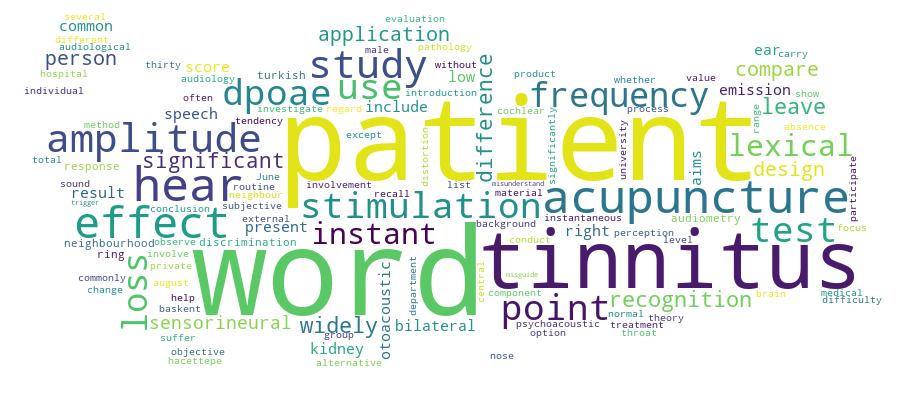Arslan, Berkay
Loading...
Profile URL
Name Variants
Berkay, Arslan
Arslan,B.
Arslan, Berkay
B., Arslan
B.,Arslan
A.,Berkay
A., Berkay
Arslan,B.
Arslan, Berkay
B., Arslan
B.,Arslan
A.,Berkay
A., Berkay
Job Title
Öğretim Görevlisi Doktor
Email Address
berkay.arslan@atilim.edu.tr
Main Affiliation
Audiology
Status
Website
ORCID ID
Scopus Author ID
Turkish CoHE Profile ID
Google Scholar ID
WoS Researcher ID
Sustainable Development Goals
SDG data is not available

This researcher does not have a Scopus ID.

Documents
0
Citations
0

Scholarly Output
2
Articles
2
Views / Downloads
5/0
Supervised MSc Theses
0
Supervised PhD Theses
0
WoS Citation Count
0
Scopus Citation Count
0
WoS h-index
0
Scopus h-index
0
Patents
0
Projects
0
WoS Citations per Publication
0.00
Scopus Citations per Publication
0.00
Open Access Source
1
Supervised Theses
0
Google Analytics Visitor Traffic
| Journal | Count |
|---|---|
| Acupuncture & Electro-Therapeutics Research: International Journal of Integrated Medicine | 1 |
| Auditory and Vestibular Research | 1 |
Current Page: 1 / 1
Competency Cloud


